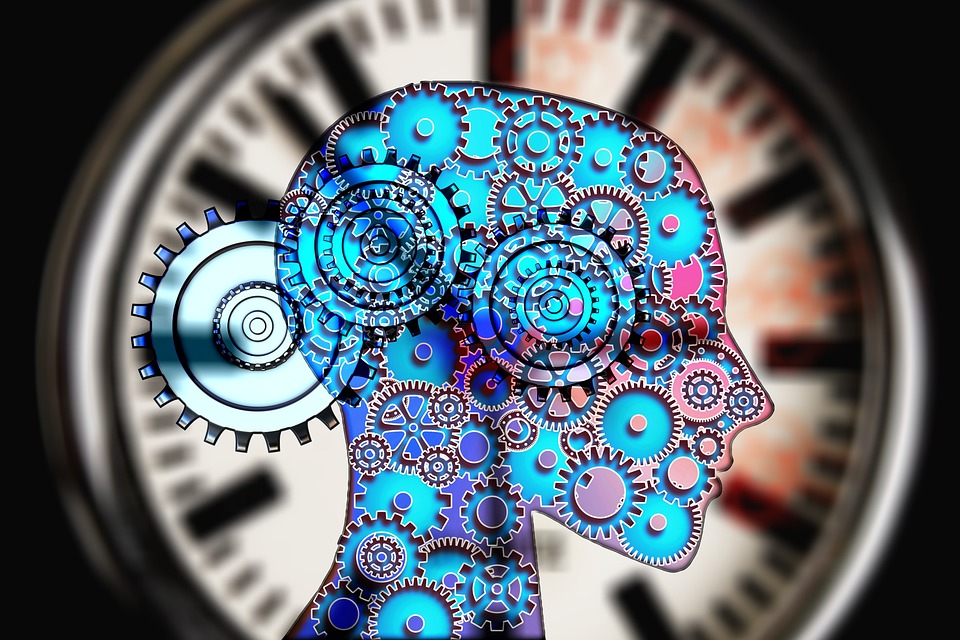The Role of Social Media in Shaping Our Self-Perception
In today’s digitally interconnected world, social media platforms have become omnipresent, serving as pivotal spaces for communication, interaction, and self-expression. Platforms such as Instagram, Facebook, Twitter, and TikTok not only facilitate connections among users but also fundamentally influence how individuals perceive themselves. This article explores the multifaceted role of social media in shaping our self-perception, discussing both its positive and negative impacts.
The Rise of the Curated Self
Social media encourages users to curate their lives by presenting idealized versions of themselves to the world. Individuals often share carefully selected pictures, thoughts, and experiences that highlight achievements and aesthetically pleasing moments. This curation can foster a sense of identity that aligns with societal ideals, leading individuals to feel validated and appreciated through likes and comments.
Positive Aspects of Curated Identity
-
Empowerment: For many, social media serves as a platform for self-expression and empowerment. It allows individuals to showcase their talents, share personal stories, and connect with like-minded communities. This can bolster self-esteem, particularly for marginalized groups seeking representation.
- Inspiration and Aspirational Living: Exposure to diverse lifestyles, achievements, and perspectives can motivate individuals to pursue personal goals and dreams. Influencers and advocates on social media can inspire followers to embrace positivity, health, and creativity.
The Double-Edged Sword of Comparison
While social media can inspire, it can also cultivate unhealthy comparisons. Users often find themselves measuring their worth against the seemingly perfect lives of others. This phenomenon, known as social comparison theory, highlights the human tendency to compare oneself to others, often leading to feelings of inadequacy and envy.
Negative Impacts of Comparison
-
Unrealistic Standards: Social media can perpetuate unrealistic beauty standards and lifestyle expectations. With the rise of filters, photo editing, and targeted advertising, users may feel pressure to meet these often unattainable ideals, which can diminish self-esteem.
- Mental Health Concerns: Studies have increasingly linked social media use with mental health issues, including anxiety, depression, and body dysmorphic disorders. The constant barrage of curated identities can lead to feelings of inadequacy and loneliness, exacerbating mental health struggles.
The Feedback Loop of Validation
Another significant aspect of social media’s impact on self-perception is the feedback loop created through likes, comments, and shares. Positive reinforcement from peers can boost self-esteem, while negative feedback or lack of engagement can have detrimental effects.
The Dynamics of Validation
-
Social Approval: The desire for social approval drives many to seek validation online. This can lead to over-dependence on external affirmation, which can skew one’s self-perception and lead to an unstable sense of self-worth.
- Fear of Missing Out (FOMO): Social media can exacerbate FOMO, wherein individuals feel discontent if they perceive others as having more fulfilling social lives. This feeling can deteriorate self-perception, leading to anxiety and social withdrawal.
Navigating the Social Media Landscape
To cultivate a healthier relationship with social media, users must develop critical digital literacy skills and engage mindfully with the content they consume and share.
Strategies for Positive Engagement
-
Curate Mindfully: Users should be conscious of the accounts they follow and the content they consume. Engaging with positive, diverse, and authentic voices can promote a healthier self-perception.
-
Limit Exposure: Setting boundaries around social media usage can prevent detrimental comparisons and decrease feelings of inadequacy. Designating specific times for social media engagement can help maintain a balanced perspective.
- Focus on Authenticity: Sharing authentic experiences, including struggles, can foster a supportive community and counteract feelings of isolation. Encouraging genuine dialogue helps dismantle the carefully curated façades prevalent on social media.
Conclusion
Social media is a powerful tool that significantly shapes our self-perception, offering both opportunities for empowerment and challenges associated with comparison and validation. By understanding the dynamics of social media’s influence and adopting mindful engagement strategies, individuals can navigate this complex landscape more effectively. Ultimately, fostering a healthy self-image in the context of social media requires ongoing reflection, community support, and a commitment to authenticity.
[modern_footnote_source_link]

























Add Comment